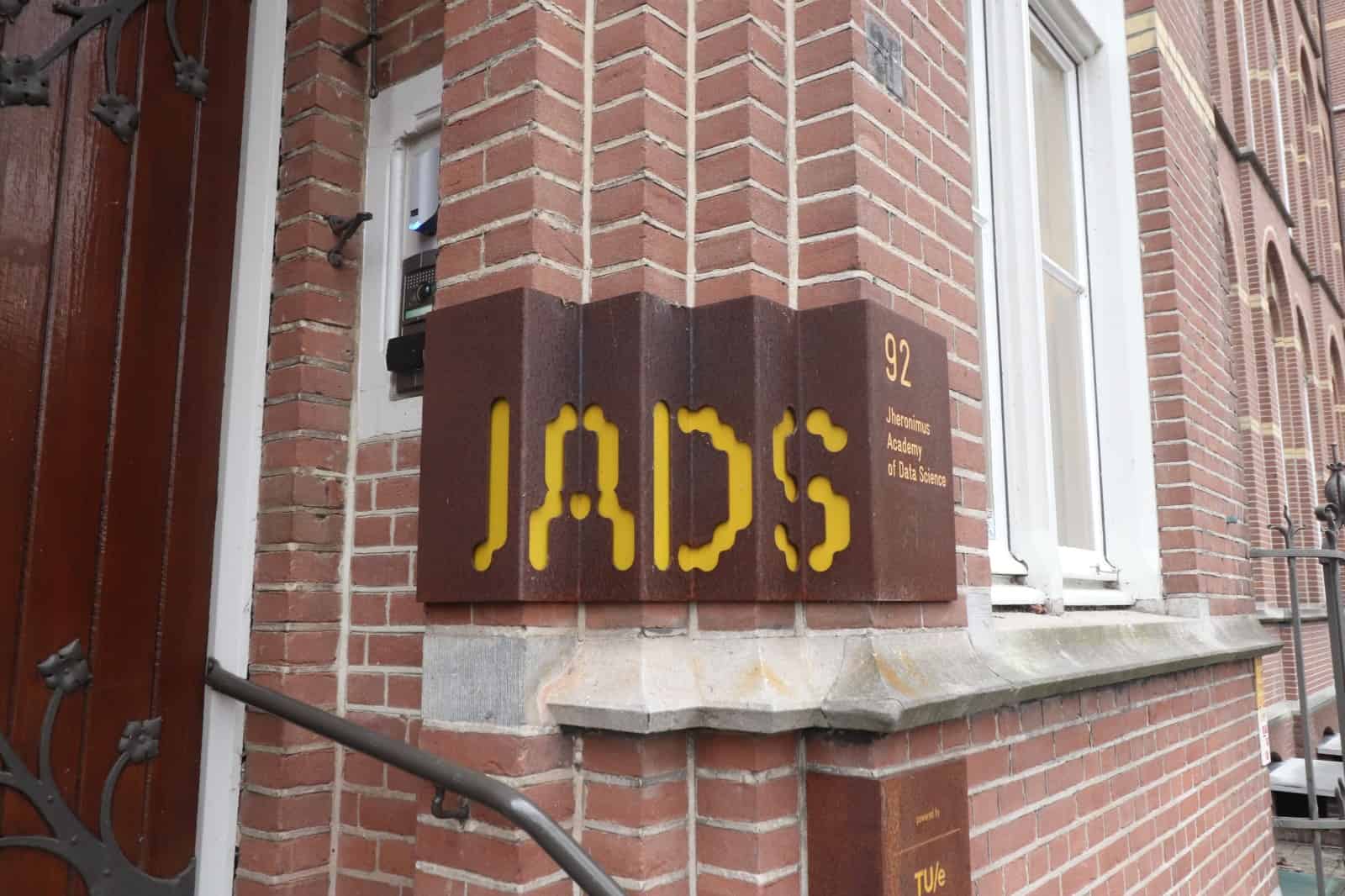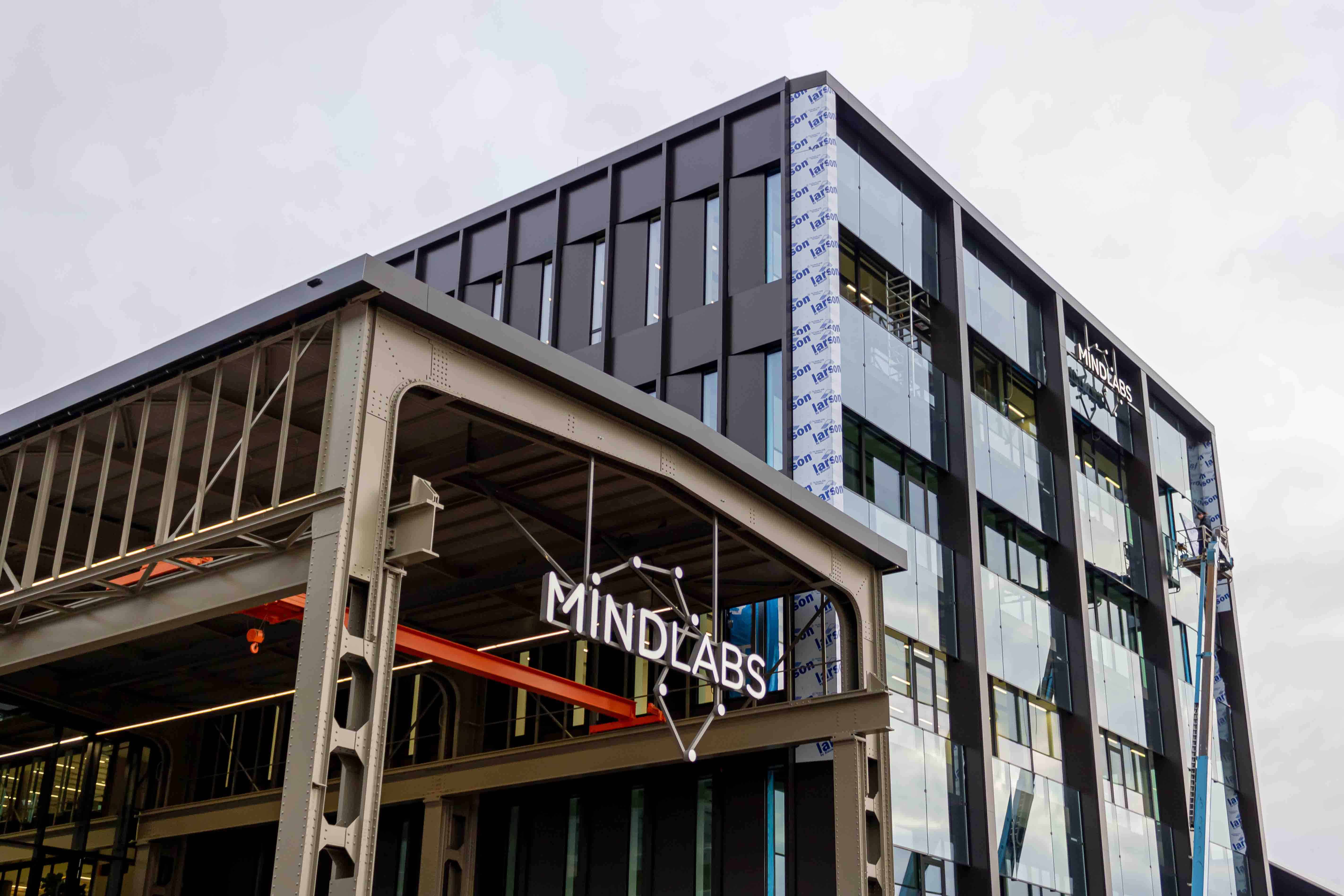
If there is one category of companies that are responsible for innovation in the Netherlands, it would have to be the start-ups. Innovation Origins is always looking for relevant innovations, therefore there is every reason to really capture the complete Dutch start-up ecosystem. Armed with the data sets of StartupDelta, we visited all Dutch provinces. In 14 episodes, published between December 24, 2018, and January 7, 2019, we’re giving an overview of the start-up ecosystem in the Netherlands. The series has been made by the journalists of cooperation PitchProducties, commissioned by Innovation Origins. Today: Friesland. Read the other episodes of the series here (as far as already published).
Between the meadows and lakes in Friesland, there are some floating start-ups every now and then. Floating is the right word, because where should they go for wise advice or funding? A lack of clarity is what dominated in the start-up culture in Friesland and that had to change. “Friesland has to come out as a whole”, Bertwin Kampman and Friso Visser, founders of the Startup Thermometer, find. Will a new course cause more start-ups to moor in Friesland?
Kampman, working at Innovatiepact Fryslân, and Visser, entrepreneur and working at Innofest, saw that the start-up climate in Friesland was fragmented. “The one part of Friesland had a certain approach and another part dealt with it in a totally different manner”, says Kampman. Friesland tends towards clustering, as it also happens a lot in the rest of the Netherlands, but according to Visser, this isn’t the road to success: “Everyone wants his own Silicon Valley”, says Visser. “But the solution is just to go from an ego-system to an ecosystem.” The Start-up Thermometer, on which all start-ups from Friesland are mapped, has to give the first push. “On the map, we’re one unit, that’s what the people have to see”, says Visser. “As soon as people realize that, we can make ourselves visible as a whole.”
Visibility seems to be a key point anyway because the Start-up Thermometer shows that there are more start-ups from Friesland than imagined (almost twice as much as on the map above). Many start-ups in Friesland are virtually invisible. The ‘pride’ of Friesland is in the way according to Visser: “The down to earth person from Friesland is hardly ever in the front to pitch his or her new idea.” Wrongly, Kampan also thinks, because “we make the most beautiful things here, but we don’t carry it out.” For example, the centre for water technology in the Netherlands isn’t located in the Randstad, but in Leeuwarden: the WaterCampus. “Those sorts of things should be seen more often”, says Visser. An overarching organisation that coordinates all start-ups in Friesland and thus makes them more visible, is therefore in development.
Campus strength
Top sectors like water technology (WaterCampus) and agriculture (Dairy Campus) can serve as bait for start-ups and, moreover, can improve the start-up climate. The WaterCampus in Leeuwarden connects entrepreneurs, government and research and thus forms a breeding ground in the field of innovative water technology in the Netherlands. The number of start-ups around the campus, however, disappoints so far: Research of Buck, commissioned by the Ministry of Economical Affairs, shows that the counter of start-ups affiliated with the campus is now on six.
Hein Molenkamp is director of Water Alliance, one of the underlying companies behind the WaterCampus (along with Wetsus, the Centre of Expertise Water Technology and the Center for Innovative Craftsmanship Water). Water Alliance focuses on the business side of the WaterCampus. Molenkamp states that the numbers actually give a wrong view of the campus: “Our specialization, water technology, is obviously very specific, so it doesn’t attract hundreds of companies. For that matter, you should’t place all campuses under the same umbrella.”
Moreover, the WaterCampus is also very focused on the international market and not only on Friesland. “Companies from all over the world are looking to get in touch with us”, says Molenkamp. “And in order to work with us or to benefit from our network, you don’t necessarily have to be in Leeuwarden.” The companies that do arise around the campus are also mostly spin-offs, originated from a research on the campus, instead of start-ups. A magnet for start-ups is not how Molenkamp sees the campus.
Water innovation in Friesland
Yet there are also ‘water start-ups’ that stay close and benefit from the present natural phenomena in Friesland. Just like SeaQurrent, a start-up from Grou, that wants to generate clean energy from the sea current, by means of an ‘underwater kite’. Now there is work being done for a ‘living lab’ on the Afsluitdijk (Enclosing Dyke) for clean energy, under the name ‘The New Afsluitdijk’. “We fit very well there”, says Maurits Alberda, co-founder of SeaQurrent. “The Wadden region is the perfect place to test our start-up.”
Alberda notices that the authorities in Friesland have a positive response to the changing entrepreneurial climate in the province. “Our technology is still very new and doesn’t really occur in the current policy”, says Alberda. “But during conversations with authorities, we notice that they are very sympathetic towards it and they want to help us with a lot of things.” Partly due to the existing assistance, a ‘movement’ of location for SeaQurrent has never been discussed; they’re also nice and close to the fire – or in this case – the water in water province Friesland.”
Ready for the (new) start
The start-up ecosystem of Friesland as well as many start-ups still seem to be in the starting blocks, but this is being worked on behind the scenes. The start-up climate is inventoried, a ‘start-up coalition’ is being formed and there are specialized campuses. The course has been determined. Whether the ecosystem will stay afloat, remains to be seen. If everything goes smoothly, the graph below will undoubtedly look very different in a while, in numbers as well as in growth phases.







